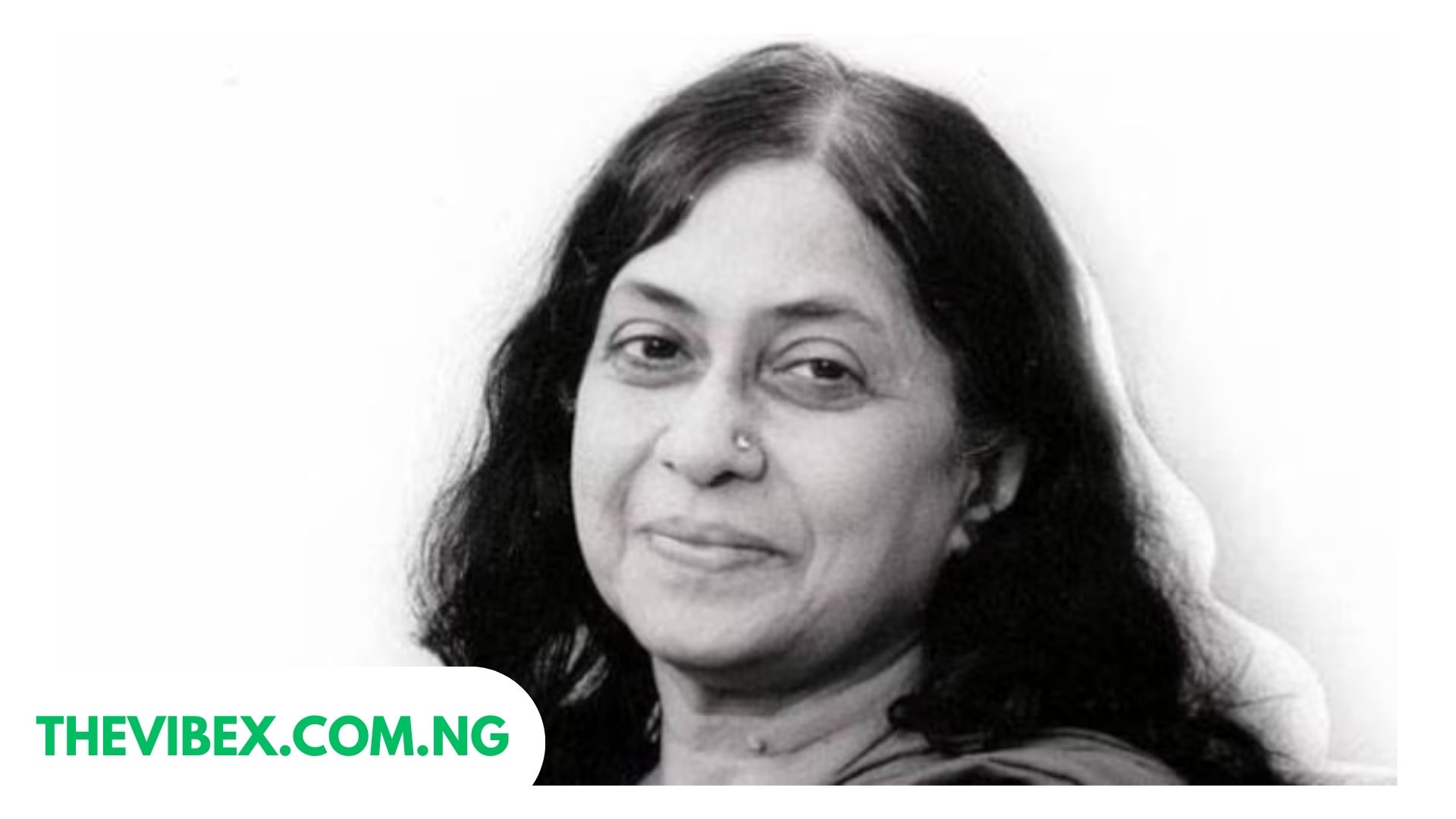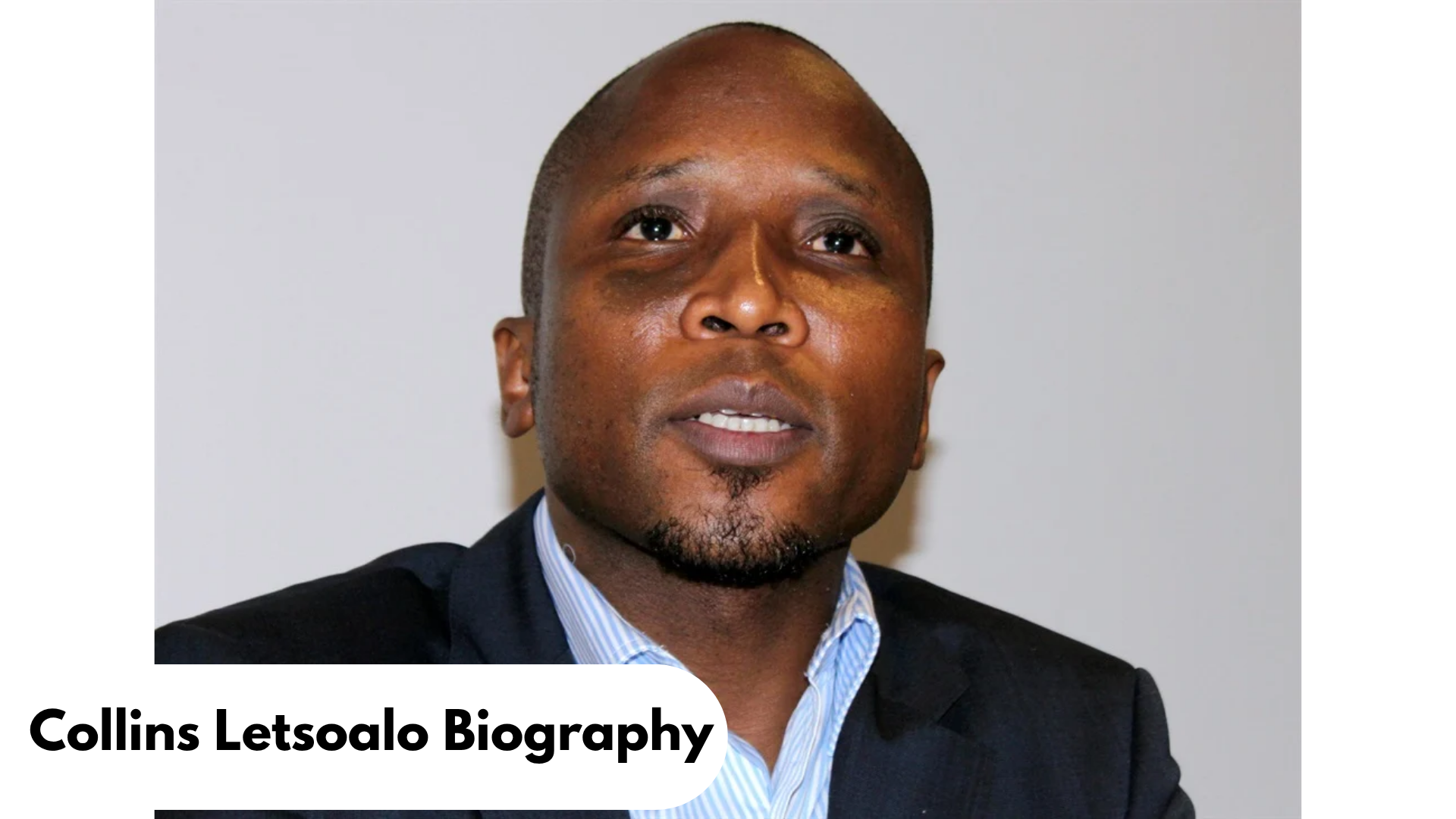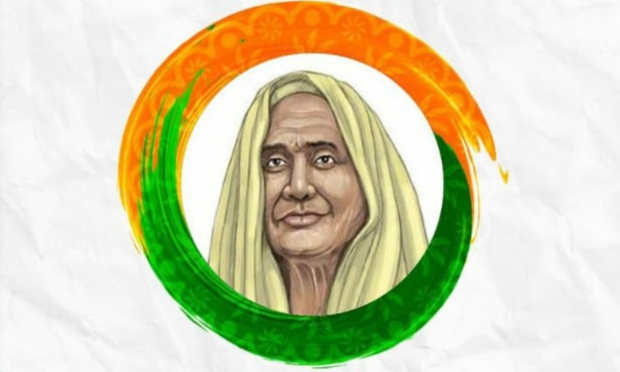| Profile | Data |
|---|---|
| Full Name | Kamala Surayya (born Kamala Das, pen name: Madhavikutty) |
| Age | 75 (at the time of death) |
| Date of Birth | March 31, 1934 |
| Spouse | K. Madhava Das |
| Parent | V. M. Nair (Father), Nalapat Balamani Amma (Mother) |
| Children | 3 Sons |
| Nationality | Indian |
| Occupation | Poet, Author, Short Story Writer |
| Net Worth | $5000 |
Who Is Kamala Das?
Kamala Das, also known by her pen name Madhavikutty, was a renowned Indian English poet and Malayalam author whose bold and unfiltered writing revolutionized the literary scene in India. She remains one of the most significant female voices in Indian literature.
Early Life and Background
Born on March 31, 1934, in Punnayurkulam, Kerala, Kamala Das belonged to an artistic and literary family. Her father, V.M. Nair, was a former managing editor of the widely circulated Malayalam daily Mathrubhumi, and her mother, Nalapat Balamani Amma, was a famous poet.
From an early age, Kamala showed an inclination toward literature. Though her formal education was limited, she developed a deep love for reading and writing under the guidance of her literary family.
Marriage and Personal Life
At the tender age of 15, Kamala married K. Madhava Das, a banker much older than her. Her early marriage and the restrictions of domestic life often found reflection in her poems, where she expressed feelings of entrapment and yearning for love.
Though her personal life was fraught with emotional complexities, it played a crucial role in shaping her writing voice, which was distinctly confessional, honest, and provocative.
Literary Career and Major Works
Kamala Das began writing poetry in English and short stories and novels in Malayalam. Her first collection of English poems, “Summer in Calcutta” (1965), broke conventional norms of Indian English poetry. Her work was bold, emotional, and often controversial.
Notable English Works:
- Summer in Calcutta (1965)
- The Descendants (1967)
- The Old Playhouse and Other Poems (1973)
- My Story (1976)
Major Malayalam Works:
- Ente Katha
- Neermathalam Pootha Kalam
- Balyakala Smaranakal
Her autobiography “My Story”, published in 1976, caused a storm for its candid description of her personal life, sexuality, and emotional experiences.
Themes in Her Work
Kamala Das explored themes like:
- Female identity
- Sexuality and desire
- Loneliness and emotional vulnerability
- Patriarchal constraints
- Love and betrayal
Her poetic voice was often confessional, exposing the inner conflicts of women trapped in conventional roles. This fearless honesty made her both celebrated and controversial.
Conversion to Islam and Name Change
In 1999, Kamala Das shocked many by converting to Islam and adopting the name Kamala Surayya. This decision, like much of her life, was driven by deep introspection and personal belief. It sparked widespread debate and controversy in literary and political circles.
Awards and Recognition
Kamala Das received numerous accolades for her literary contributions:
- Sahitya Akademi Award
- Kerala Sahitya Akademi Award
- Asan World Prize
- Asian Poetry Prize
- Nominated for the Nobel Prize in Literature
Death and Legacy
Kamala Das passed away on May 31, 2009, in Pune at the age of 75. She was buried at Palayam Juma Masjid in Thiruvananthapuram.
Her legacy continues through her deeply emotional and powerful works. She remains an enduring voice in Indian literature, especially in the context of feminist writing.
Kamala Das’s fearless approach to exploring female identity and desire reshaped how Indian women were portrayed in literature.
FAQs about Kamala Das
Q1: What is Kamala Das known for?
She is known for her bold and confessional poetry that explores themes like female sexuality, love, and identity.
Q2: What languages did Kamala Das write in?
She wrote in English and Malayalam.
Q3: Why did Kamala Das convert to Islam?
She converted to Islam in 1999 and changed her name to Kamala Surayya, citing personal spiritual beliefs.
Q4: What is Kamala Das’s most famous work?
Her autobiography My Story and poetry collection Summer in Calcutta are among her most famous works.
Q5: Was Kamala Das a feminist?
Yes, she is regarded as a pioneer of feminist writing in India.
Conclusion
Kamala Das was more than a poet; she was a movement. Her fearless voice broke boundaries, challenged societal norms, and gave women a mirror to see their struggles and strengths.
Whether through her poems or her autobiographical confessions, she dared to speak truths most dared not utter. Her literary legacy remains immortal in the annals of Indian literature.





